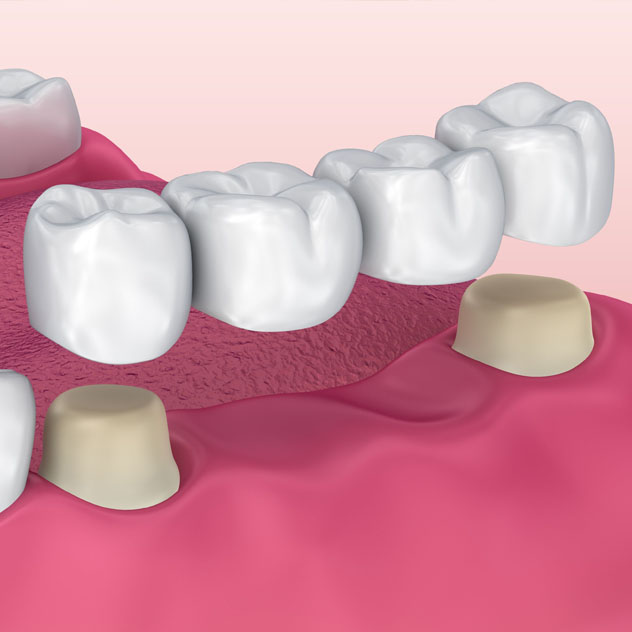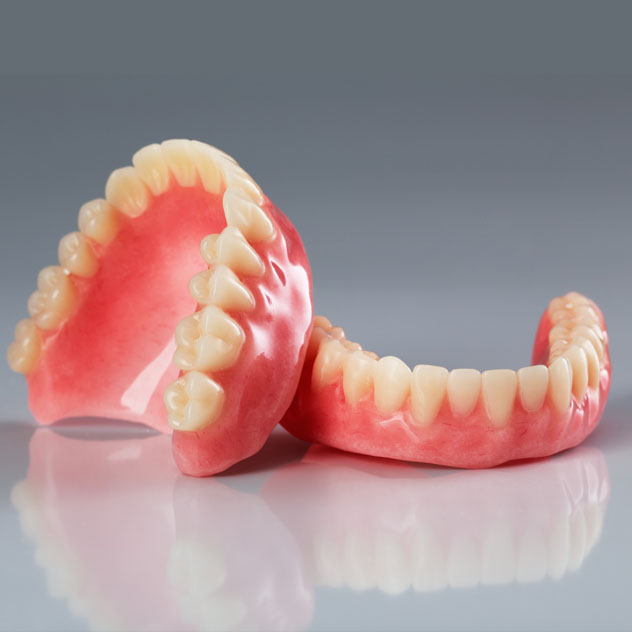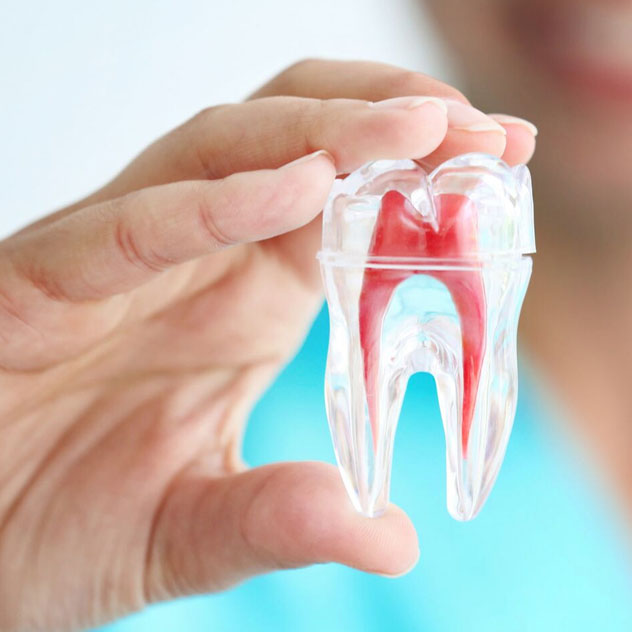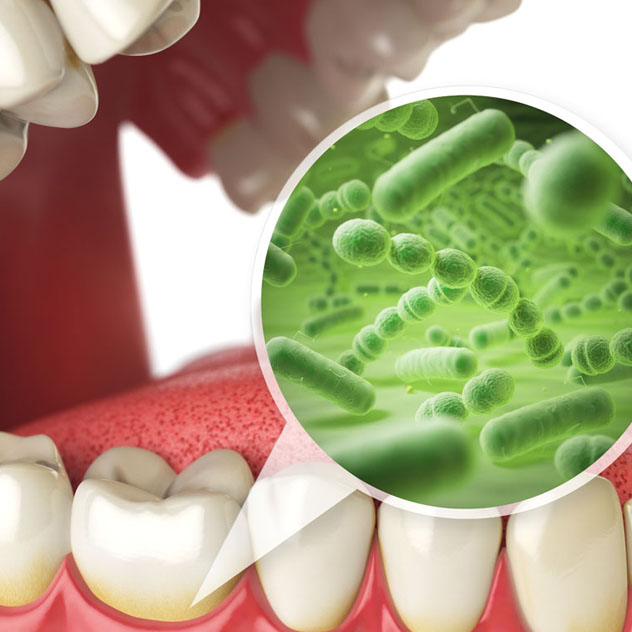Tooth Decay
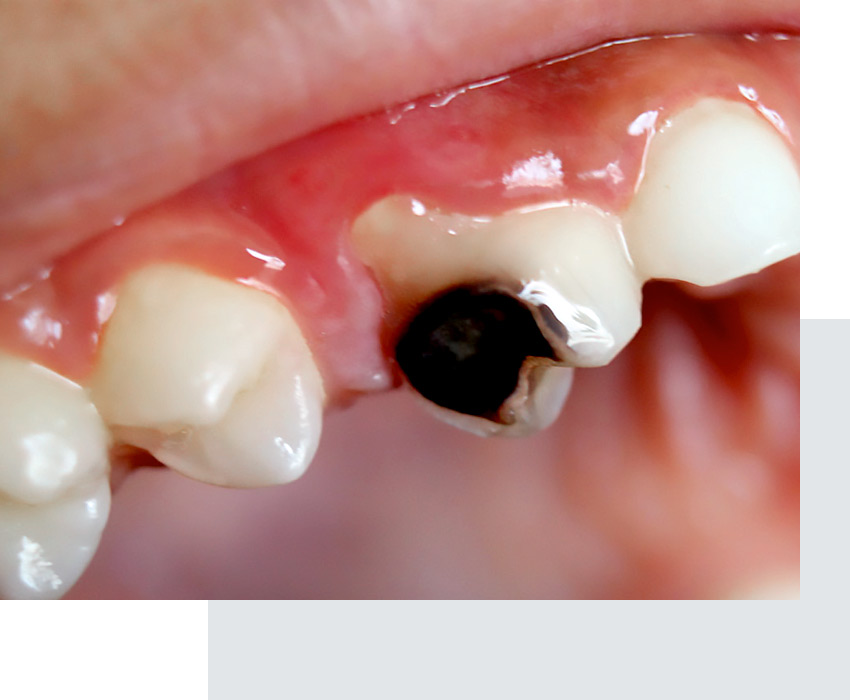
Tooth decay can progress quickly, or slowly. If your diet is high in acidity and sugar, and you don’t brush your teeth too often, then tooth decay will progress quickly. If your diet is low in acidity and sugar, and you brush and floss twice daily, the risk of tooth decay is low.
When tooth decay has just started, it can often be reversed with good oral hygiene habits (brushing, flossing), as well as using products that contain fluoride. For patients with a high risk of decay, we often recommend using products with a higher concentration of fluoride or CPP-ACP. The most common example of this is Neutrafluor 5000 toothpaste.
The biting surface of a tooth is often one of the most common areas where tooth decay occurs, as dental plaque gets trapped inside the deep grooves of the tooth. This is very common in young patients, and hence why we often recommend these grooves to be sealed as a preventative measure.
Additionally, dental flossing is extremely important, and should be performed at least once a day. Tooth decay forms very commonly between the teeth, as food and plaque get stuck here for long periods of time, without being cleaned regularly. Brushing your teeth only accounts for approximately 70% of the areas that need to be cleaned, with the remaining 30% requiring some sort of flossing. There are a range of products that we recommend to assist with flossing, including floss string, piksters, interdental brushes, flossettes and water flosses.
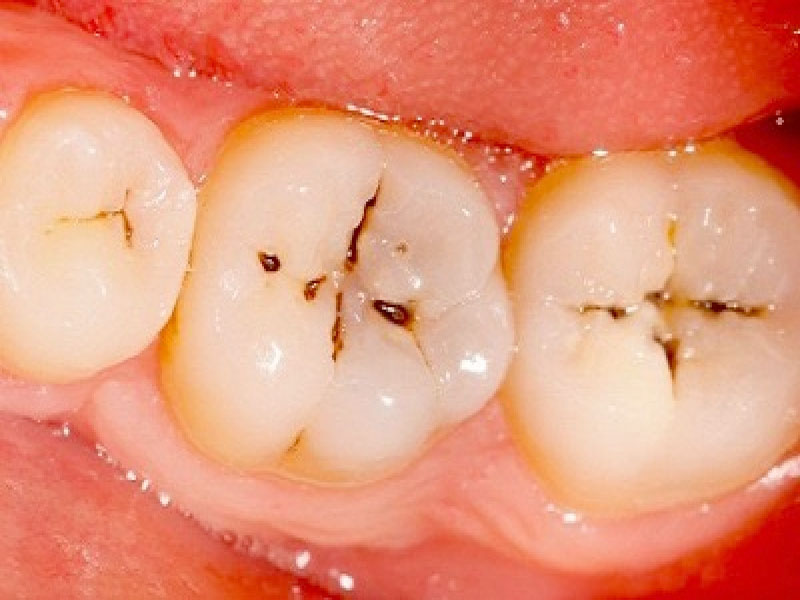
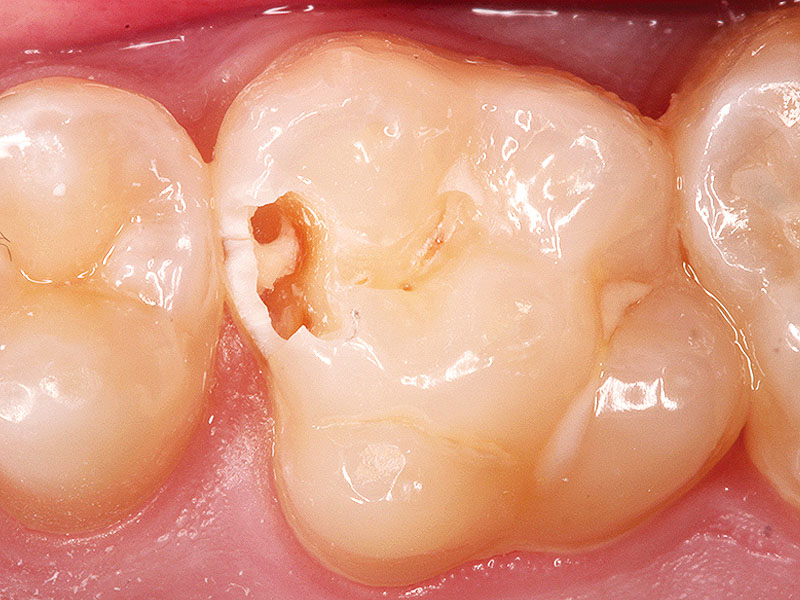
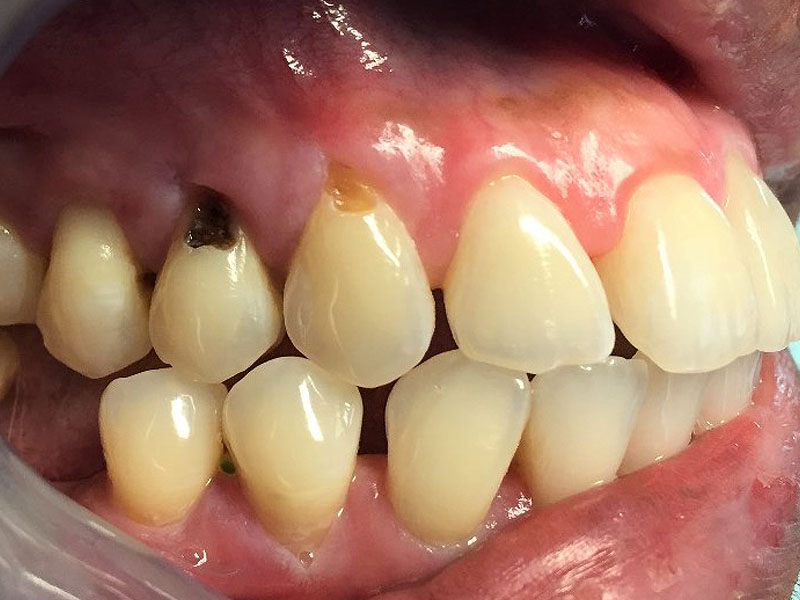
Interested in a dental checkup?
Then come and have a chat with one of our dentists
Contact us on 03 9457 2347, or email us at webemail@ontrackdental.com.au, and simply state you’d like a Dental Checkup, and we will handle the rest!
Why On Track Dental?
Kind and gentle
Modern facilities
We endeavour to always stay up to date with the latest technology and skills in order to provide you with quality dental services.
Affordable
Range of services
We have a very wide range of services covering all aspects of dentistry to assist patients of all ages.
Kind and gentle
Modern facilities and techniques
We endeavour to always stay up to date with the latest technology and skills in order to provide you with quality dental services.
Affordable
Range of services
We have a very wide range of services covering all aspects of dentistry to assist patients of all ages.
Competitive and affordable dental treatment
Competitive and affordable dental treatment for the
ENTIRE FAMILY
Make an appointment
More in General Dentistry
Call our front desk (03) 9457 2347 Monday to Friday 8.30am-5.30pm,
email us at webemail@ontrackdental.com.au
or fill in the form on our Contact Page

